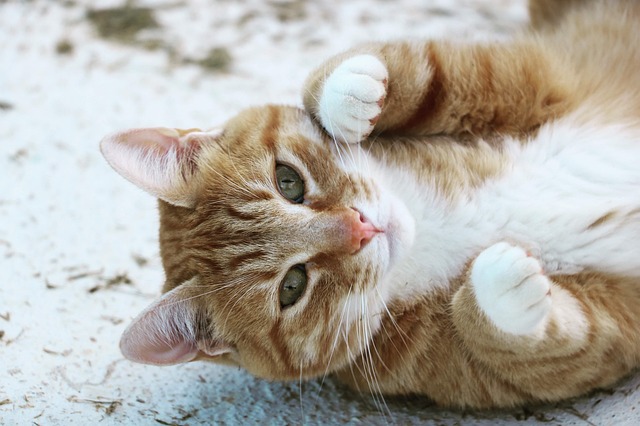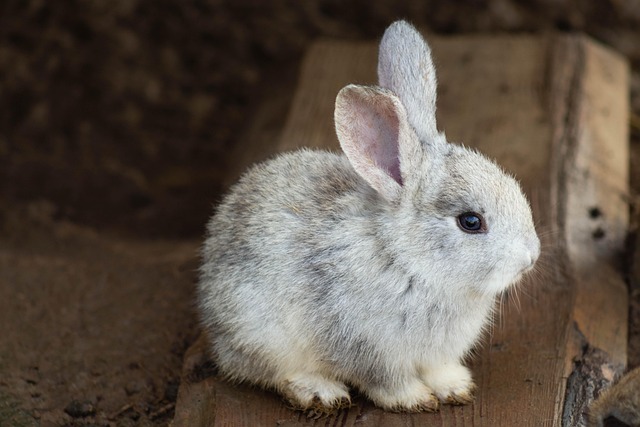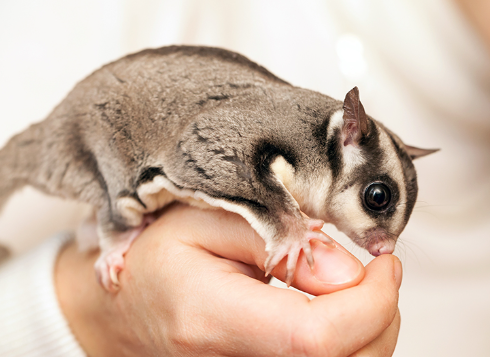why is my bunny not eating? - tips to solve the problem
why is my bunny not eating ?
Why Is My Bunny Not Eating Food?
Greens and vegetables make the backbone of a bunny’s health and immunity. If your bunny does not take an interest in eating vegetables, there could be several reasons. We may need to study the bunny’s health, behavioral, and social factors to understand why a bunny rejects eating vegetables, gr***, or greens.
answers questions :
What do I do if my rabbit is not eating?
How do I get my rabbit to eat again?
How long can a bunny not eat?
How do I know if my bunny is depressed?
How do I know if my rabbit is starving?
anwsers :
What do I do if my rabbit is not eating?
Seek immediate veterinary attention to identify and address the underlying health issue causing the lack of appetite.
How do I get my rabbit to eat again?
Provide fresh hay, leafy greens, and vegetables. Ensure a quiet, stress-free environment, and encourage gentle exercise. Veterinary advice is crucial.
How long can a bunny not eat?
Even a day without eating can be concerning for rabbits. Seek veterinary help promptly if your rabbit is not eating.
How do I know if my bunny is depressed?
Signs include lethargy, lack of interest, reduced grooming, and changes in eating habits. These symptoms may indicate health issues, so consult a vet for a proper diagnosis.
How do I know if my rabbit is starving?
Rapid weight loss, weakness, and lethargy may indicate starvation. Immediate veterinary attention is essential to address the underlying cause and provide appropriate care.
what i can do if my bunny not eating
Consult a Veterinarian:
Seek immediate veterinary advice. A lack of appetite in rabbits can be caused by dental issues, gastrointestinal problems, infections, or other health concerns. A veterinarian will be able to examine your rabbit and determine the underlying cause.
Observe Other Symptoms:
Pay attention to other signs of illness, such as changes in behavior, lethargy, or unusual droppings. These can provide additional clues to the veterinarian about the possible problem.
Check Dental Health:
Dental issues are a common cause of reduced appetite in rabbits. Examine your rabbit's teeth for signs of overgrowth, misalignment, or other dental problems.
Provide Fresh Hay:
Ensure your rabbit has access to fresh hay, as it is a crucial part of their diet. Rabbits should eat hay daily, and a reduction in hay consumption can be concerning. If your rabbit is not eating hay, try offering different types to see if there's a preference.
Offer Fresh Vegetables:
Provide fresh, leafy greens and a small amount of vegetables to encourage eating. Avoid giving too many high-sugar fruits, as this may contribute to dental issues.
Monitor Water Intake:
Ensure your rabbit is drinking water regularly. Dehydration can worsen the situation, so make sure there's a clean and accessible water source.
Comfort and Quiet Environment:
Ensure your rabbit is in a quiet, stress-free environment. Stress can contribute to a loss of appetite. Make sure they have a comfortable and safe space.
Gentle Exercise:
Encourage gentle exercise to stimulate appetite. Allow your rabbit to hop around in a safe and secure area.
Regular Vet Check-ups:
Schedule regular veterinary check-ups even if your rabbit appears healthy. Preventive care can help catch issues early.
Regarding the duration a bunny can go without eating:
Rabbits have a sensitive digestive system, and not eating for even a day or two can be
concerning. It's crucial to seek veterinary advice promptly.
How to know if your bunny is depressed:
Signs of depression in rabbits can include lethargy, lack of interest in surroundings, reduced grooming, and changes in eating habits. However, these symptoms can also indicate various health issues, so a vet visit is essential for a proper diagnosis.
How to know if your rabbit is starving:
If your rabbit is not eating, losing weight rapidly, and showing signs of weakness or lethargy, it could be a sign of starvation. Again, immediate veterinary attention is crucial to address the underlying cause and provide appropriate treatment.
you can also what this :
more questions van help you :
What if my rabbit hasn't eaten in 2 days?
If your rabbit hasn't eaten in 2 days, it is a cause for concern. Lack of food intake can lead to gastrointestinal stasis, a serious condition in rabbits. Consult with a veterinarian immediately to determine the underlying cause and appropriate treatment.
How long can rabbits go without eating?
Rabbits should not go without eating for an extended period. After 12 hours of not eating, there is a risk of gastrointestinal stasis. It is crucial to address the issue promptly, as prolonged fasting can have severe health consequences for rabbits.
How do you help a rabbit that won't eat?
To help a rabbit that won't eat, consult with a veterinarian first. Meanwhile, ensure fresh hay is available, offer a variety of fresh vegetables, check for dental issues, monitor water intake, try palatable foods, keep the environment stress-free, and consider a critical care formula under the guidance of a vet.
How do I get my rabbit to eat and drink?
Getting a rabbit to eat and drink involves offering fresh hay, providing a variety of fresh vegetables, checking for dental issues, ensuring access to fresh water, trying palatable foods, keeping the environment stress-free, and consulting with a vet for guidance. In some cases, a vet may recommend a critical care formula for syringe-feeding.














Leave a comment